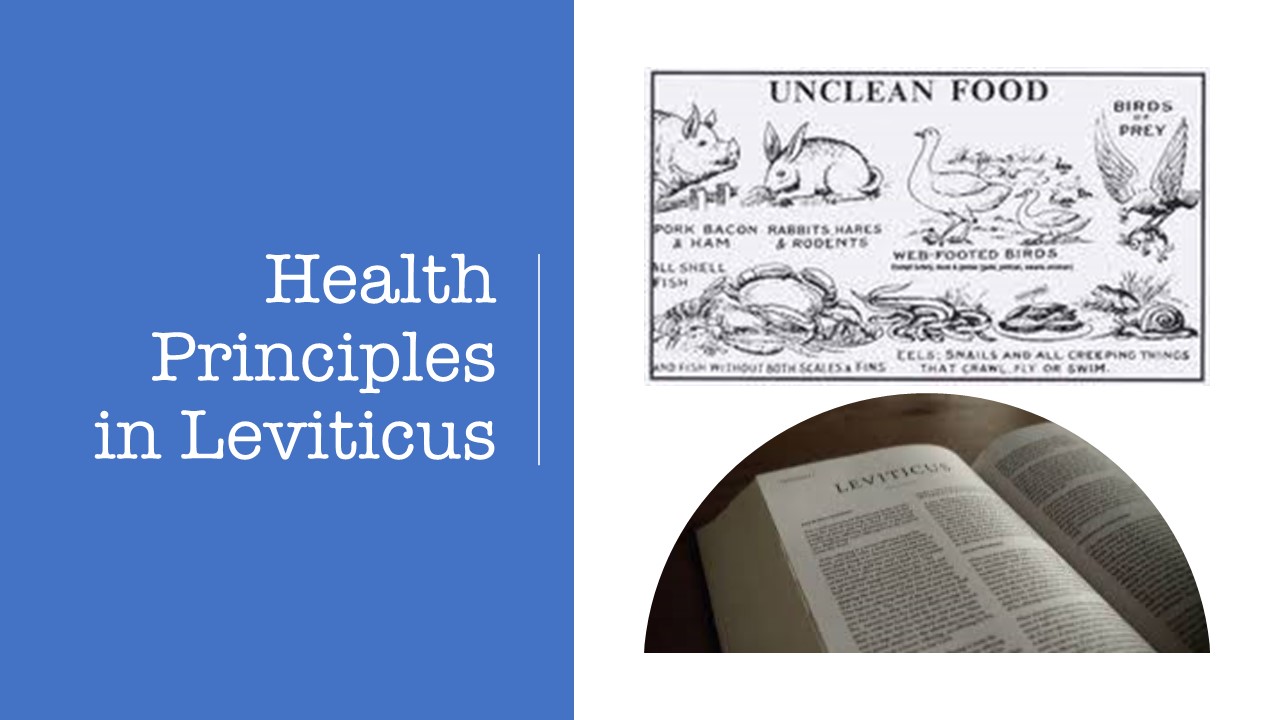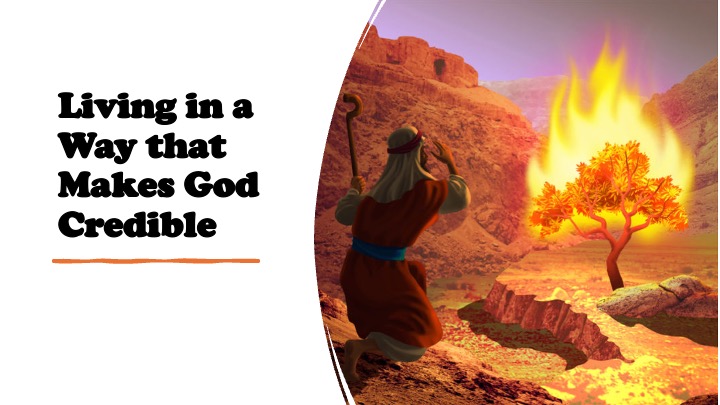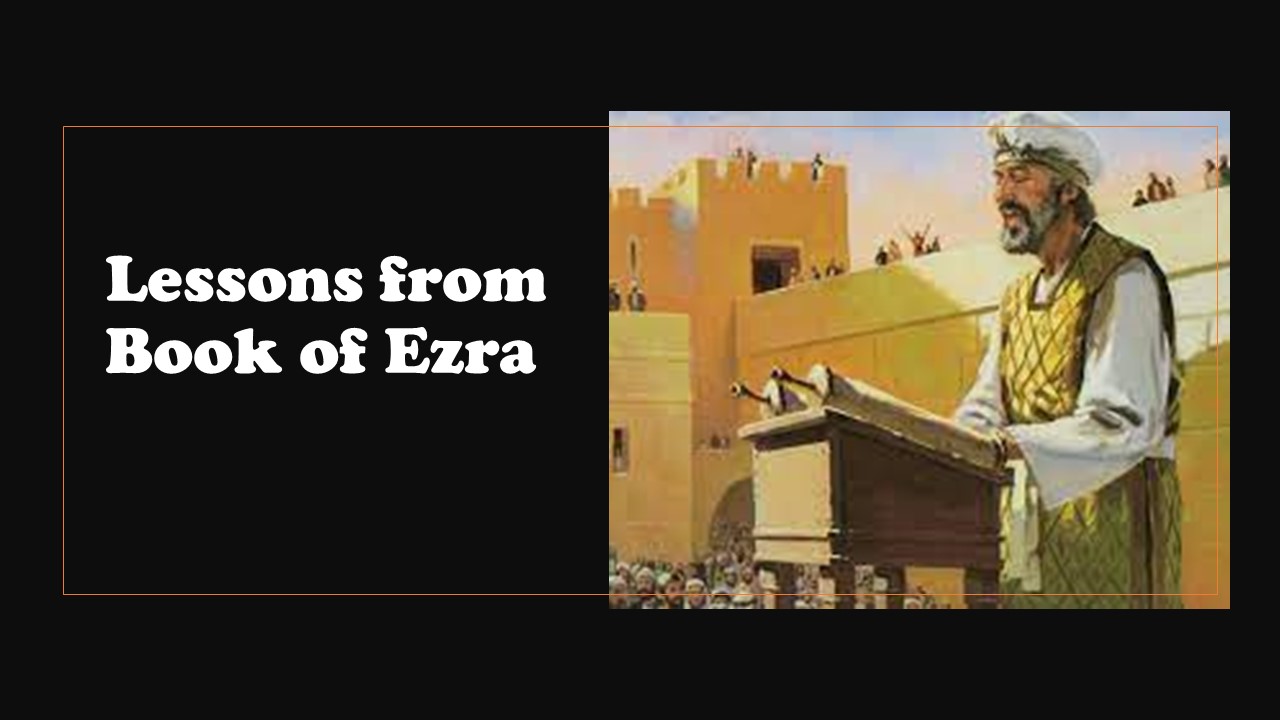Revelation calls us to a worship that goes beyond routine and ritual, inviting us into a profound relationship with Jesus as we acknowledge His sovereignty and redeeming love. From heavenly scenes of praise to warnings against false worship, we see that worship is central to God’s plan for His people, strengthening their faith as they remain true to Him amidst earth’s final trials. By recognizing God as Creator, we are reminded through the Sabbath of His authority and our call to rest in His presence.
The theme of worship extends to the conflict between Christ and Satan, as Revelation presents a world faced with choices between loyalty to the Creator or allegiance to counterfeit powers. This cosmic battle brings the importance of true worship into clear focus, where faithfulness to God becomes a matter of spiritual identity and destiny. The Sabbath, as a sign of allegiance, distinguishes God’s people as they choose to worship Him as Creator, rejecting man-made religious traditions that ignore His commands.
Ultimately, Revelation shows that worship is about a close, life-changing relationship with Jesus, who is our High Priest, the Lamb, and our coming King. Worshiping Him now prepares us for the eternal worship to come, filling us with strength and joy as we anticipate the day when we will join the heavenly host in adoring our Savior face-to-face.

God is concerned about a total well-being. Today’s top ten list explores ten important health principles from the Book of Leviticus. Scriptures referenced include...

The third commandment, "You shall not take the name of the Lord your God in vain," is often reduced to a prohibition against profanity,...

We continue our study of Ezra by examining ten lessons from the book, ranging from being confident in God’s Word to being mindful of...